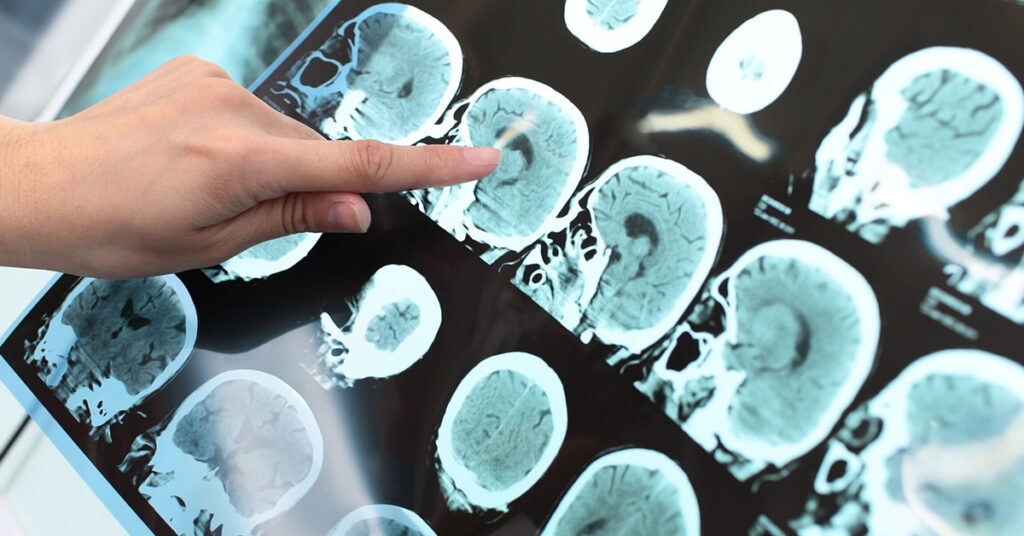News
Can the “dark side” of the genome help fight cardiovascular disease?

The EU-CardioRNA consortium releases an informative video
Understanding whether specific types of RNA molecules can provide insight into the development of cardiovascular diseases is “at the heart” of the research performed by the EU-funded CardioRNA project partners. Through a recently released educational video, the consortium explains its activities and goals.
Cardiovascular diseases (CVD) are becoming progressively widespread as society ages and exposure to related risk factors increases. Unfortunately, these conditions are often diagnosed late, when medication can only reduce the symptoms without treating the underlying causes. Effective methods for the early detection of CVD are therefore urgently needed. The advent of advanced transcriptomic techniques allowing the analysis of the complete set of RNA molecules in a cell (the transcriptome) is shedding light into the role of certain previously overlooked RNA molecules in the onset of CVD. Indeed, it was previously thought that all genes in a cell were used to make proteins. However, it is now known that only 3% of human genes are transcribed into RNA molecules (messenger RNA – mRNA) that can actually encode proteins. The majority of RNA molecules consist of non-coding RNA molecules (ncRNAs), which are not translated into proteins but which have the potential to aid in diagnosing, prognosticating and treating CVD patients in a personalised and gender-specific manner.
In this context, the EU-CardioRNA COST Action CA17129 (EU-CardioRNA), which was founded in 2018, aims to understand the complex role of transcriptomics in CVD. The collaborative network brings together over 180 member from 36 countries, including academic researchers, clinicians and industrial partners, with multidisciplinary expertise ranging from basic research to clinical research, molecular diagnostics, pharmacology, IT, bioinformatics, and artificial intelligence, among others. The team seeks to elucidate the role of ncRNAs in the development of CVD and identify new biomarkers and drug targets.
Ultimately, our goal is to pave the way for novel personalised diagnostic and therapeutic approaches, thus reducing the burden of CVD globally
says Dr. Yvan Devaux, Head of the Cardiovascular Research Unit at LIH and Chair of the EU-CardioRNA COST Action.
The EU-CardioRNA COST Action is financed by COST association (Cooperation in Science and Technology), in turn funded by the Horizon 2020 research and innovation programme. Yvan Devaux’s leadership and coordinating role is supported by the Ministry of Higher Education and Research and the Fondation Coeur – Daniel Wagner.
Watch the video now!
CONTACT








